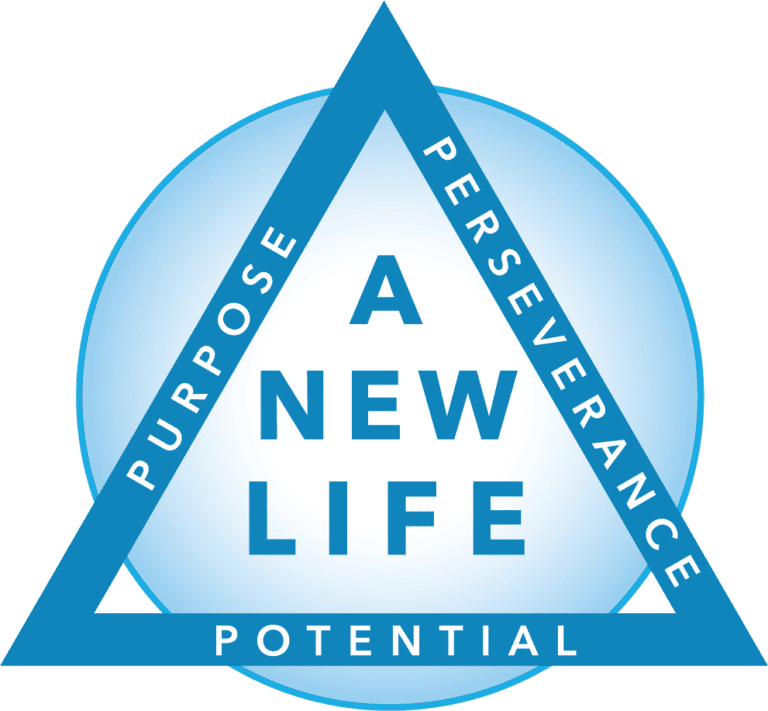Moving from inpatient drug rehab or alcohol treatment centers to transitional living homes (or halfway houses) can be a problematic and anxiety-provoking process. Still, it’s an integral part of the recovery journey. An intermediate care facility provides individuals with structured support as they continue building upon gains made during residential treatment programs while gradually reintegrating into society. In this article, we’ll discuss what you can expect when transitioning into a sober living environment like a halfway house, along with some tips on navigating this critical phase of sobriety.
1. Understanding Sober Living Environments
Sober living environments are group homes for people in recovery from substance abuse disorders. These are to provide individuals with a safe and supportive environment where they can learn how to live without using drugs or alcohol while still being surrounded by peers who understand their struggles.
Purpose: Sober living environments help individuals solidify their foundation in early recovery by offering structure, accountability, peer support, + opportunities for personal growth outside formal treatment settings.
Rules: Residents must adhere strictly to curfews set by staff; attend mandatory house meetings; participate actively in community activities to work towards self-improvement goals like finding employment, engaging in healthy hobbies, etc.; abstain entirely from using alcohol/drugs on or off the premises while residing there; only leave temporarily approved reasons such as work volunteering education, etc.; random drug tests conducted regularly monitor compliance ensure safety everyone within facility grounds at all times
One of the most significant difficulties in moving to a halfway house is adapting to structured living after rehab. The residents must follow the rules, curfews, and schedules, which can be considered restrictive at first. However, accepting this structure may provide stability and accountability, both necessary for long-term recovery.
2. Creating Support Systems
Halfway houses allow people to meet other individuals also going through the early stages of recovery. Establishing robust support systems within these houses can provide beneficial motivation, empathy, and friendship during tough times. Residents can share experiences while advice is offered, and each resident can be ensured to stay sober throughout their sobriety journey.
3. Taking Responsibility
Responsibility is a foundation upon which all successful recoveries are built; thus, drug testing is done frequently in addition to house meetings where peers keep an eye on one another’s progress, or relapses might occur too often. By holding themselves accountable, people with an addiction begin practicing honesty, which eventually leads them to be responsible persons who live with integrity, thus paving the way for their continued abstinence from drugs until they die soberly.
4. Reintegration into society
It can feel overwhelming when transitioning from such controlled environments like rehabs back into communities at large, but fear not because halfway homes act as bridges between treatments and independent living so that people can gradually get back out there while still having support around them.
5. Life Skills Development
Residents in halfway houses may receive opportunities and resources necessary to acquire life skills such as budgeting or job searching, among others. These abilities help maintain stability post-treatment, empowering individuals to lead fulfilling lives after leaving rehab centers.
6. Trigger Management & Relapse Prevention Techniques

Being able to navigate through triggers and cravings remains an ongoing struggle throughout recovery; however, the way home provides a supportive environment where coping mechanisms can be practiced alongside strategies aimed at preventing any form of relapse from occurring again. Residents learn to identify different triggers, develop healthy coping skills, and look for support whenever necessary to avoid returning to old habits.
7. Welcoming Transformational Process
The decision to move into a halfway house often indicates that one is ready for change. It presents people with opportunities outside their comfort zones, thereby forcing them to face various challenges head-on while at the same time discovering themselves further through recovery.
8. Marking Achievements
Rehabilitation involves attaining big and small milestones; thus, sober living communities act like platforms where such accomplishments can be recognized. Whether counting the days they clean continuously or getting employed again after being jobless for a long time, these establishments provide safe spaces for residents to celebrate achievements made during their journey towards full recovery.
9. Envisioning The Future
When nearing completion at any given point within a halfway home program, individuals should focus more on what they want out of life after leaving rather than dwelling too much on the current situation. This calls for setting goals that will keep them motivated to achieve personal development even beyond the confines of such facilities—like pursuing higher education, advancing careers, or building stronger relationships, among others—since sobriety does not end when one walks away from rehab centers but instead continues always.
Conclusion: Appreciating Recovery Process:
Moving into a halfway house represents a significant turning point along the road toward permanent abstinence from drug use. Therefore, individuals are better equipped to manage this period by internalizing structure, creating networks of supportive relationships around oneself, taking personal Responsibility seriously, and growing emotionally and mentally. In addition, hard work combined with being supported by professionals who understand their experience firsthand can lead someone to have brighter days ahead in the post-treatment phase.
Are you prepared to move forward on your journey to getting better? We have A New Life Sober Living halfway house in Florida that provides support for people working towards full recovery from addiction and substance abuse. Please get in touch with us now so we may tell you about what we offer and help guide you toward renewed health, joy, and purpose.






